Projection in relationships
Projection: The Great Threat to Intimate Relationships
- Projection is often learned in childhood and may keep individuals in a state of feeling like helpless victims if left unaddressed.
- Once someone recognizes their tendency to project things they don't like in themselves onto others, they can work on stopping it.
- Developing self-confidence, letting go of the past, and establishing a clear identity separate from one's partner are all techniques that can help prevent projection.
Blaming others for reminding us (however accidentally) of our never-healed emotional pain and projecting that pain back onto them is something like taking an anesthetic for physical distress. The painkiller may reduce, or even extinguish, the ache temporarily, but until the wound actually heals, that pain will return.
Source: Alex Green/Pexels
So, at best, this ready-made defense offers us only passing relief for what, internally, continues to ail us. And the hidden costs of constantly employing this self-protective device are substantial. Plus, the single most serious longer-term cost is that, similar to other defense mechanisms, it thwarts the maturation and personal growth that are correlated with living a happy, contented life.
In addition, by not summoning the courage to go inside and reflect on the defects we perceive in others as possibly portraying our own shortcomings, we can’t begin to fix them—or at least note it’s high time we accept them.
After all, joyful people are so not simply because they’re multimillionaires, but because they’re unconditionally self-accepting, their inborn limitations no longer hindering them from loving and caring for themselves in a healthy (i.e., non-narcissistic) way.
Whether the psychic wounds we’re afflicted with originated in childhood or from major disappointments, rejections, or betrayals suffered since then, it’s finally our own responsibility to heal them. And that’s tenable only if we’re willing to revisit them—either to forgive ourselves or the person(s) who hurt us.
One central problem with projection is that it makes us feel as though we’re life’s victims. As such, it keeps us from realizing that how we regard ourselves is a matter of choice and far more changeable than, till now, we may have imagined.
Instead, if we self-sabotagingly continue repeating the same toxic behaviors that initially created our ongoing tensions and conflicts—even with those we’re most committed to and would like to feel more securely attached to—our lives will remain static and unfulfilling. Enduring projections will interfere with our developing the insights that would enable us to see others as they really are—versus how others’ earlier projections may have compelled us to see ourselves in a negatively distorted way.
It can hardly be overemphasized that projection is essentially a childhood defense, devised unconsciously to assuage scary feelings of vulnerability. And these feeling states can be terribly destabilizing when we’re young and relatively defenseless against felt assaults on our tenuous self-image.
But what happens to so many of us is that, emotionally, we never truly grow up. Emotional maturity necessitates perceiving others and ourselves as we really are, not wavering in our judgment merely because someone close to us makes a comment or criticism that feels threatening.
Projecting onto others, particularly our intimate partner, everything in ourselves we disapprove of or feel guilty about inevitably impedes our evolution toward genuine self-awareness and the ability to connect authentically to others. So it’s critical to remember that as a defense, displacing our thoughts and feelings in this way is woefully outdated.
Its birth wasn’t as an adult, but as the child you once were when your emotional and intellectual resources weren’t developed anywhere near as much as today.
As regards your present-day relationship, keep in mind that the more stressed and angry you get when (rightly or wrongly) they allude to one of your faults, the more likely you’ll self-righteously project these deficiencies right back onto them—and with an intensity, even a sense of superiority, that makes resolving your differences well-nigh impossible.
And not only is blaming and shaming them for what you’re feeling, thinking, saying, or doing futile, it also prevents you from focusing on yourself. For this is where the answers to your frustrations can be discovered.
That is, when you begin analyzing your own vulnerabilities, you can start to uncover what’s happening to your so-reactive child self, never adequately integrated into your adult being.
So if your partner’s psychic wounds complement your own, ask yourself whether you both may be projecting what neither of you has addressed individually. If you fight incessantly about the same things, chances are, neither of you feels appreciated, understood, or respected by the other. And how could you if you’re similarly attacking your partner for what exists as much from within as without?
The term resentment literally means feeling something over and over, and many couples are infested with this indignant emotion because they’re in repeated, non-constructive combat. And that, regrettably, is what the childhood defense of projection does to us.
And that, regrettably, is what the childhood defense of projection does to us.
But consider as well that if you’re involved in an abusive relationship where the projection isn’t mutual but rigidly one-sided, and all your partner’s negative impulses and traits are unceremoniously dumped on you, it might be wise to consider bidding farewell to such a harmful relationship.
How to Move Beyond Projection to a Clear, Compassionate Understanding of Ourself and Others
Obviously, the first thing you’ll need to do here is to ascertain how much of an issue your defense mechanism of projection has, unawares, been sabotaging you. So ask yourself:
- Are you easily hurt by the words and actions of others?
- Do you think your hot buttons might be hotter and quicker to react than others—or might others have suggested this to you?
- Do you have a habit of blaming others, even at times when, admittedly, the situation is rather ambiguous?
- Do you daydream of getting even with others you perceive as hurting you, attributing negative motives to them you haven’t actually verified?
- Is it hard for you to put yourself in another’s shoes? Or have others told you they frequently feel you’re misreading them?
- Do you emotionally detach from situations in order to assess them more accurately?
- Have you been told you have problems controlling your anger?
- Are you especially reactive to individuals who remind you of people in the past with whom you still have unfinished business?
- When you consider people you particularly dislike or disapprove of, do you ever ask yourself whether you share certain traits with them that you’ve yet to accept in yourself?
If you recognize yourself in these characterizations, here are some things you can do to rectify this self-defeating programming. And mostly, it’s a matter of setting better boundaries between yourself and others.
And mostly, it’s a matter of setting better boundaries between yourself and others.
But to do this, you may need to develop more self-confidence. And although you’ve probably demonstrated much greater self-assurance than you possessed growing up, you may never have given yourself much credit for it.
So consider: Have you ever explored the many things you’ve done because you had to, despite your not being at all convinced you had the capability to do them? Don’t let your failures dominate your thinking here, for many of them likely resulted from things you avoided for fear your efforts would be in vain, and you’d only feel worse for trying.
Once you’ve “updated” your confidence level, here are some important factors to reflect upon, all of which pertain to learning how to separate your essential identity from others. For how you view them as seeing you shouldn’t be identical to how you see yourself since, to whatever degree, their regard for you will depict their own outdated tendencies toward projection:
- When you were young and hadn’t yet grown into the unique person you are today, how much might you have been conditioned by your parents to take on the identity that they, because of their own never-resolved self-doubts, projected onto you? Talk to that insecure child inside you and help them understand why they can now let go of those aversive thoughts and feelings unfortunately assimilated from their caretakers.

Inform them that their harsh inner critic—which they may have engendered to strengthen their bond with their parents and which, unknowingly, compromised their self-esteem—can now be transformed into something much milder.
Tell them they now live within you, that (for all intents and purposes) you’re now both their parents, that you can and do love them unreservedly, and that you’ll never ever leave them.
And because all these comforting reassurances will take many, many repetitions (cf. the 12-step slogan, “Fake it until you make it”), be sure to meet up with them daily, perhaps with a relatable picture of them on your dresser or nightstand to make your “reunion” as real, as enduring, as possible.
- Reevaluate your past generally, seeking to understand how you may have interpreted others' thoughts and actions arbitrarily because of unresolved feelings of fear, pain, and shame. This step is simply about bringing a new understanding that can free you from hurts, grudges, and animosities you may still be holding onto.

- In locating your authentic self, buried somewhere beneath all your projections, ask whether in your present-day relationship you’ve implicitly defined your identity on the basis of your partner’s successes and/or failures, or messages you’ve received from them that may be more about themselves than you.
Projection most often manifests in intimate relationships, so this is where you want to inquire whether, positively or negatively, you’ve been “borrowing” part of your identity from them. No matter how much you may have in common, you still need to be your own person—and they theirs. Enmeshed relationships are codependent relationships and, almost by definition, are emotionally and mentally unhealthy for both of you.
So get clear that genuine intimacy can be achieved only when both of you recognize your projections and consciously set about individuating from one another. For to be truly intimately united, you need to learn first how to be truly separate.
Note: Here’s the link for Part 1—on thorny matters of definition and childhood origins of projection.
© 2021 Leon F. Seltzer, Ph.D. All Rights Reserved.
Stop it from ruining your connection
“The particular egoic patterns that you react to most strongly in others and misperceive as their identity tend to be the same patterns that are also in you, but that you are unable or unwilling to detect within yourself.” ~Eckhart Tolle from A New Earth
Does this ring a bell in your relationship?
There is a human tendency to focus on certain behaviors in others (the very traits we have denied in ourselves) so that we can point at them outside ourselves. In this way we declare our (illusory) separation from—and victimhood to—the patterns we abhor.
Projection in Relationships: What is it?
This tendency to disown the qualities we don’t like about ourselves and see them in others is projection.
Projection is the single most derailing and destructive phenomenon in intimate relationships. Its power lies in our inability to see it. Because it is a subconscious defense mechanism, we are most often blind to our own projections.
Because it is a subconscious defense mechanism, we are most often blind to our own projections.
We are SURE the fault lies within our partner, and fail to see the part we play.
The result is that boundaries get blurred and blame sets the tone for communications. Partners waste a great deal of time focusing on the wrong things, and fail to see what really is happening in the moment. Projection hurts our partners by casting them into a false role, and blocks authentic communication.
Projection in Relationships: How it shows up
You can tell if projection is affecting your relationship if you often struggle with questions like: “Is it me? or is it them?”
You may be accused of something by your partner who is a perfect example of the exact same thing (in spades) that they notice in you. Or, maybe your partner has said YOU are guilty of what you blame them for.
An example might be that you are attracted to another person outside of your relationship. You have not fully admitted this to yourself. Then you end up accusing your partner of being unfaithful. Really, the desire to be unfaithful lives within you, but you see it in your partner.
You have not fully admitted this to yourself. Then you end up accusing your partner of being unfaithful. Really, the desire to be unfaithful lives within you, but you see it in your partner.
Another example could be that your partner accuses you of being selfish because you take time for yourself away from family responsibilities. But your partner has a deep wish for self care and “escaping” responsibilities. They believe these desires are selfish. Thus they resent you for taking time for yourself, because they don’t.
Anytime you disown parts of yourself, you are at high risk for projection.
Projection in Relationships: What to do about it
The thing to remember is: Everybody does it. It’s human and serves as a defense against threats to our ego.
So the first thing to do is accept this fact. Don’t beat yourself up about it (or your partner), and most importantly expect that it will crop up now and again.
As long as you are aware that neither you nor your partner is immune to it, you can use it projection as an opportunity for self-awareness, emotional connection, and growth.
When looking at strategies for coping, there are two situations to consider: One is that you are the one projecting, and the other is that your partner is projecting onto you. Let’s look at each separately.
When you are projecting:
If you try to blame your partner for what you are feeling, thinking, saying or doing, then you are likely projecting your issues onto them. One defining characteristic of projection is the level of intensity and degree of focus you feel. You will have a very strong urge to blame.
The best antidote to projection is setting these three intentions:
1) Look Within. Every time you are triggered by your partner, take a moment to look at the part of you that is just like them. Are you annoyed because your partner is lazy? Maybe your whole being would rather lie on the couch and do nothing, and you hate this about yourself. If you are honest, you will usually see some part you play. When you do, the intensity of judgment will fade.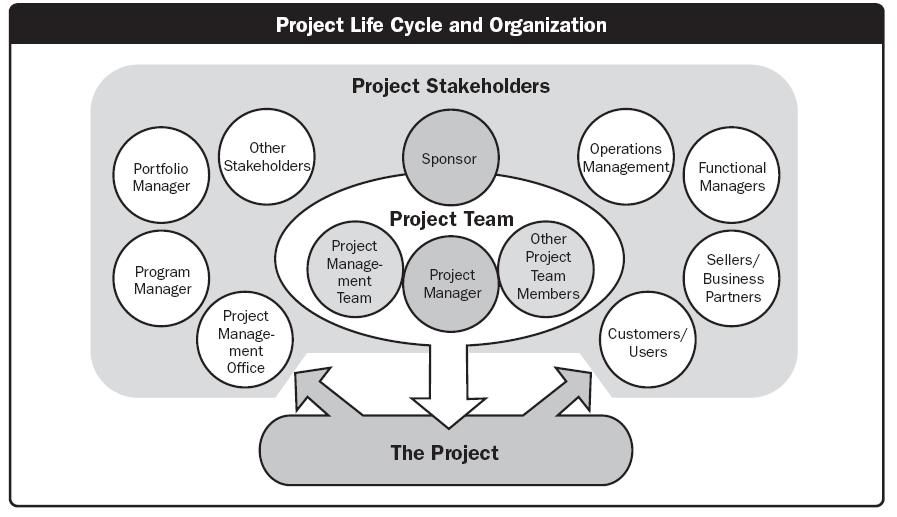
2) When you get triggered, stay with the feelings. Avoid acting or speaking out while still triggered UNLESS you are able to merely share your own reactions, without identifying with the judgments. Not acting out will cause discomfort. A good rule to remember is that the more intense your urge is to change or blame your partner, the more pain you have around an emotional wound you have denied. So stay present with your emotions, and avoid judging thoughts.
3) Be aware of stress. The higher our stress level, the fewer emotional resources we have. During times of stress we are more likely to project. So stay aware of when you are under stress, and take extra care to be mindful as well as proactively reduce your stress. This will set yourself up for success in your relationship.
When your partner is projecting:
When your partner is projecting, it can feel crazy-making.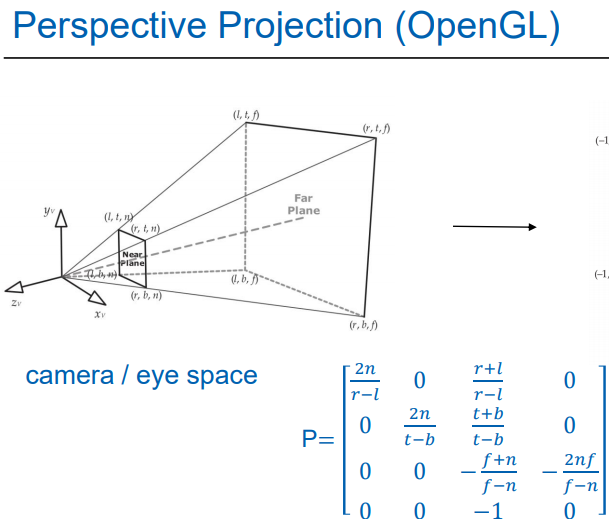 You may be accused of the very things you know are true about your partner. It feels like a complete reversal of the truth, and you may be shocked. You may feel tempted to defend yourself and prove your innocence.
You may be accused of the very things you know are true about your partner. It feels like a complete reversal of the truth, and you may be shocked. You may feel tempted to defend yourself and prove your innocence.
The best thing to do in this situation boils down to just two things:
1) Respectfully disengage. Often, the best thing is to say something like, “This feels like it is not about me,” and then lovingly avoid getting sucked in. Be compassionate toward yourself, because it feels like a betrayal to be attacked about something that isn’t based in real-time.
2) Do not explain, defend, argue, teach, analyze, counter-attack, or criticize. If you do, your partner is off the hook. The only way to avoid getting tangled up in something that is’nt about you (and become implicated) is to keep it about them. You can express empathy for their distress, and ask questions that create greater awareness (“have you felt this way in the past?” or “I can see something is really triggered in you, and I am here for you. ”) But don’t pick up what isn’t yours.
”) But don’t pick up what isn’t yours.
If you follow these guidelines, projection can be used to expand self-awareness and closeness in any relationship. It’s just about a willingness to self-reflect.
You can truly become closer than ever by committing to mutual awareness of projection in your relationship.
Since it can’t be 100% avoided, you may as well make use of it!
Good luck, and if you need support on applying these in your particular relationship,
schedule a free 30 minute Relationship Audit with me here.
“You yourself wanted it!”: how projections poison our relationships
Relationship crisis
- Photo
- Getty Images
“how difficult it is with you”... If you have said something like this at least once in your life, it means that you are familiar with the projection. To project is to attribute to another person (or even an inanimate object) feelings, thoughts, or intentions that actually belong to you. This is a protective mechanism of our psyche, which we inherited from childhood: this is how we make the complex external world simpler and more understandable. Psychoanalyst Saverio Tomasella states: "Projections are an inevitable companion of communication." But if we use them too often, it becomes a problem.
This is a protective mechanism of our psyche, which we inherited from childhood: this is how we make the complex external world simpler and more understandable. Psychoanalyst Saverio Tomasella states: "Projections are an inevitable companion of communication." But if we use them too often, it becomes a problem.
Why are we doing this?
We all use projection from time to time. “It helps us overcome the barrier between ourselves and others: we imagine, we interpret, we guess,” explains Saverio Tomasella. At the very beginning of a relationship, our projections play a positive role. “We attribute to our chosen one traits that reinforce our first impression. Thanks to them, until recently, a stranger seems familiar to us and even relatives. This is the phase of idealization, when the partner seems to us to consist of nothing but virtues. The problem is that this state does not last forever. Sooner or later, we begin to look more soberly at the one who is next to us. And when the image created by our projections conflicts with reality, we often experience disappointment.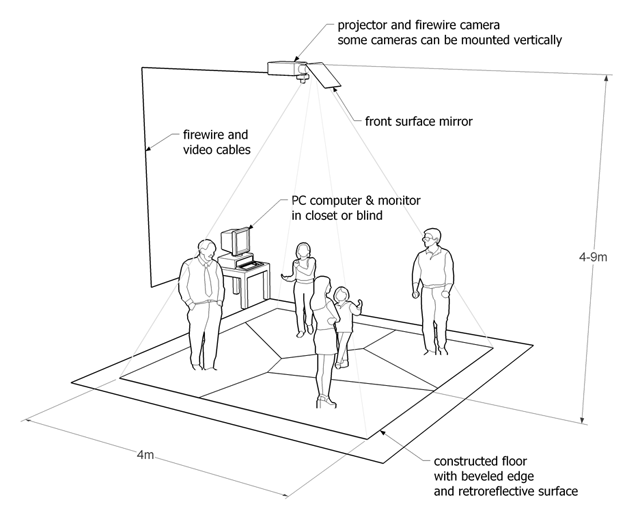
When are projections harmful?
If positive projections bind us to each other and make it easier and more comfortable, then negative projections, on the contrary, complicate relationships. Negative projections arise because of the discrepancy between the image of a partner that we have created in our head and his real behavior, as well as because of our habit of predicting other people's reactions and thinking for others. Situations in which the projection mechanism is triggered happen all the time. He came home from work late and did not warn, without enthusiasm he praised the new dress, and now suspicions arise in his head with lightning speed: he was offended, cheating, fell out of love. These thoughts begin to control our behavior - for example, make us act cold or start to find fault with a partner for any reason. And he may never understand what the matter is, and begin to build his conclusions on the basis of his own projections.
What is the danger?
If there are too many projections in our communication, they create an atmosphere of mutual mistrust and doubt. And the consequences will not keep you waiting. Over time, you may get the feeling that the partner does not understand, does not know and does not love you. “This problem can be exacerbated if one of the two is internally vulnerable, has attachment problems, is depressed,” Saverio Tomasella warns. In the worst-case scenario, projections can lead to a break - if one of the partners does not want to analyze their reactions and believes that his reproaches and suspicions have serious grounds. “It all depends on whether each of the partners can look at the situation from the outside and accept their responsibility for the relationship,” says Tomasella.
And the consequences will not keep you waiting. Over time, you may get the feeling that the partner does not understand, does not know and does not love you. “This problem can be exacerbated if one of the two is internally vulnerable, has attachment problems, is depressed,” Saverio Tomasella warns. In the worst-case scenario, projections can lead to a break - if one of the partners does not want to analyze their reactions and believes that his reproaches and suspicions have serious grounds. “It all depends on whether each of the partners can look at the situation from the outside and accept their responsibility for the relationship,” says Tomasella.
How to deal with it?
Know yourself. Each of us has our own sensitive buttons that trigger the projection mechanism. Of course, it is difficult to predict when they will work. But try to watch yourself. Learn to track your reactions as they arise. For example, you know that you tend to lose your temper when someone criticizes your family. You have noticed that your partner does not wear the tie your father gave you. You immediately react: “Oh, so you think my father has no taste?”
You have noticed that your partner does not wear the tie your father gave you. You immediately react: “Oh, so you think my father has no taste?”
Don't be afraid to admit you're wrong . There is no need to be ashamed of projections - this is the natural way in which our psyche tries to keep us safe. It is much more important to admit that we could be wrong. If you realized that you were angry with your partner for no reason, tell him about it and explain what caused your reaction. With the help of sincerity, the negative effect of projection can be corrected.
Ask questions . We live at a fast pace and we talk a lot. Sometimes even too much. Such communication is a breeding ground for projections: we do not always have time to realize what our interlocutor is saying, but we quickly respond. If the conversation touches on a topic that is sensitive to you or your interlocutor, it is especially important to ask questions. For example, your partner came home late from work. Maybe an urgent task fell on him, his boss did not let him go. Ask about it. So you not only clarify the situation, but also demonstrate your participation.
Maybe an urgent task fell on him, his boss did not let him go. Ask about it. So you not only clarify the situation, but also demonstrate your participation.
To develop wisdom in oneself. As we get to know each other, it becomes easier for us to understand where the boundaries are, what sharp corners should be avoided so as not to provoke a conflict. Such caution does not humiliate us, but, on the contrary, demonstrates our maturity in relationships. Ultimately, the main thing is our desire to know the other person for who he is and to love him.
For details, see the Doctissimo Portal website.
Text: Anton Soldatov
New on the site
Sunday blues: why we are sad at the weekend
“I don’t know how to enjoy the moment - I constantly wait for it to end”
“Why can’t a married lover choose between his wife and me?”
Menstrual pain: what to eat for good health
Why does a modern person need to know history?
From Ears to Feet: A Guide to Non-Obvious Erogenous Zones0003
Swipe right: how to fill out a form on Tinder and find a partner
who are we to each other?
Imagine:
you are watching a movie,
you sympathize with the characters,
you experience what is happening to them,
you are afraid, rejoice.
How is this different from real life?
Nothing. Often the other person is a kind of screen onto which we project some qualities of ourselves.
1. Projection is ALWAYS unconscious.
In other words, we cannot trace, understand and control the projection mechanism itself. What are we projecting? But this is the most interesting. We transfer onto another traits and qualities that belong to us, but are not accepted.
Thus, a woman, if she is of the opinion that a man should be the main breadwinner in the family, often projects success onto him. Because she is sure that he is a man and that is why he should be more successful than her, because she wants this, because for her this is a familiar picture of the world, because she decided that this is exactly what is right.
Accordingly, men often project caring, participation, emotionality onto a woman. For the same reason. Because this is a familiar and expected picture of the world for him.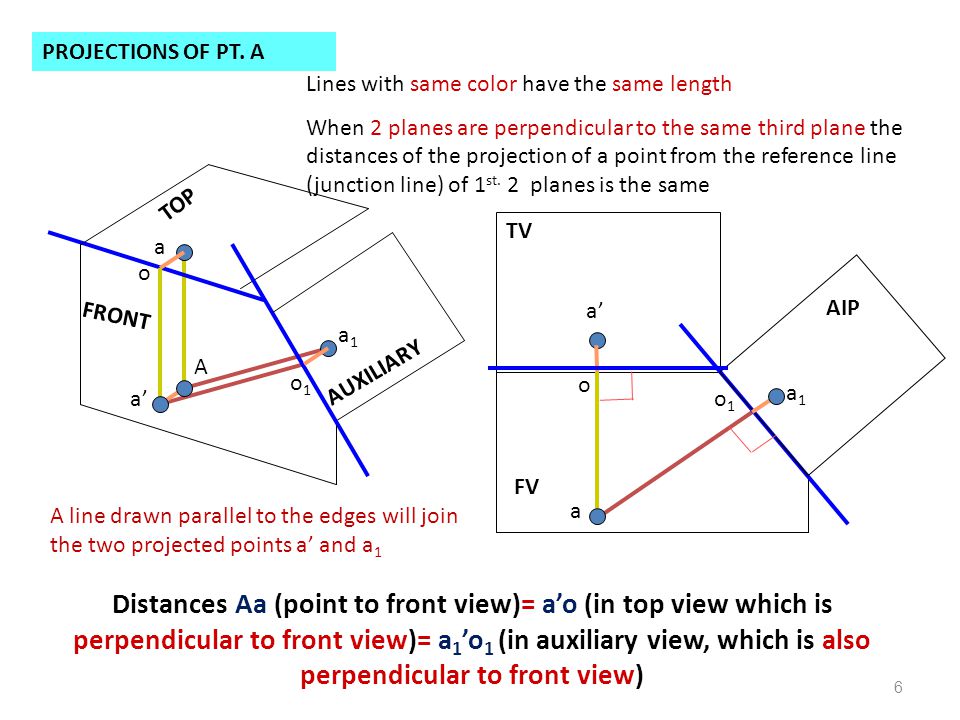
In psychology there is such a term - anticipation . This is literally - the anticipation of events, very specific expectations from the behavior of another person.
We have a certain fantasy - for example, a man during the formation of a relationship should be generous and active. He has to get me. And this is a test. Testing another for compliance with their ideas about him.
- If a person confidently passes our test, he is recognized by us as "fit" to develop relationships.
- If a person does not pass the test, then he does not fit into our ideas about the correct behavior of another person.
And there are some scenarios here: you can end the relationship, you can start making efforts to re-educate the other person, you can change yourself, or you can just put on rose-colored glasses and diligently ignore the discrepancy between demands and reality and allow the conflict to escalate.
By the way, it is the last scenario that leads to the greatest number of questions on psychological sites.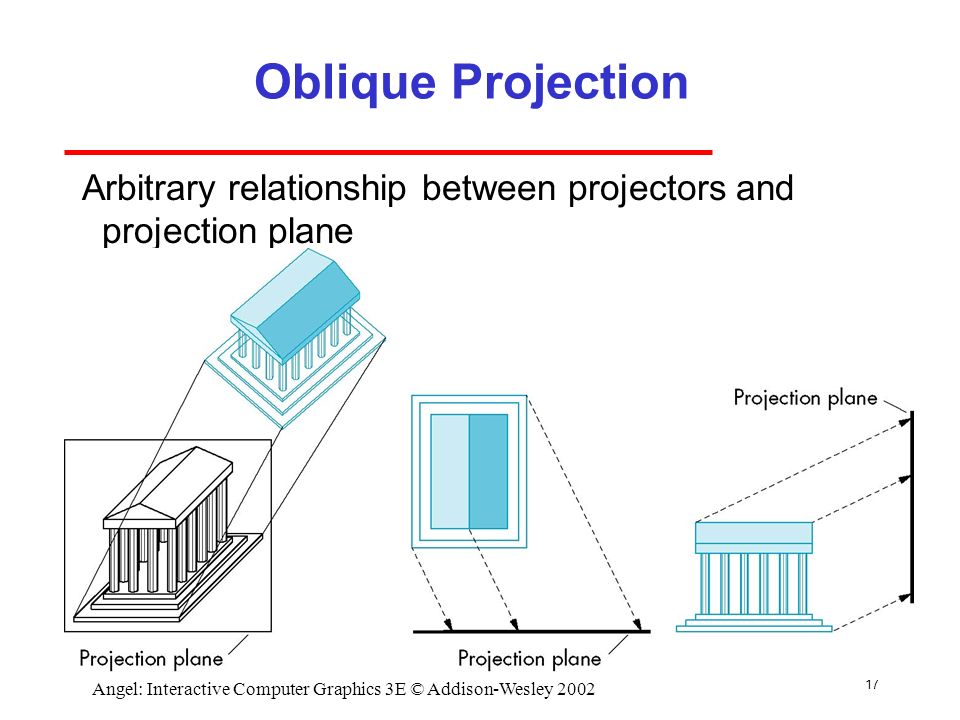 And believe me, I know what I'm talking about, because I've been answering questions on websites for more than a year.
And believe me, I know what I'm talking about, because I've been answering questions on websites for more than a year.
Life in rose-colored glasses has little to do with real requests for psychotherapy, because these people, as a rule, value these glasses very much and rarely turn to therapy. And we can safely say that going to therapy is a serious step towards getting rid of these glasses. especially if they are cracked or broken. And as they write in numerous quotes
rose-colored glasses tend to shatter inwards.
2. The projection material is in our shadow.
Jungian analysts say that there is a certain component of us - this is the Shadow. It's not necessarily the dark side. This is all that we do not accept, but, nevertheless, belongs to us.
Finding out what is related to the shadow in us is quite simple. I propose to conduct practical exercise .
- A) Take a sheet of paper and a writing device - a pen, pencil, felt-tip pen, whatever is convenient for you.

- B) Now remember those people who cause you STRONG feelings and divide into 2 categories - positive feelings (admiration, delight, adoration) and negative ones (contempt, hatred, anger, rage).
- C) Take 3-5 people in each category, as many as you can.
- D) And now analyze what traits of character evoke such strong feelings. What do people who really infuriate you or whom you admire allow themselves.
- E) Analyze and draw a conclusion.
Perhaps it will be the same trait, perhaps different. And it is precisely these character traits, precisely this demeanor, precisely this that these people allow themselves, that is the content of YOUR shadow. This is something that YOU cannot afford for some reason, but you have it. And if you have it, but are rejected, then such features are the raw material for projections.
Now imagine that you have analyzed yourself and found the shadow content. For example, it turned out in a positive case, activity and perseverance, and in a negative case, aggression and rudeness. What is in your shadow that you do not allow yourself? You do not allow yourself to be active, your shyness or self-doubt has crushed activity and tells you that you have no right to defend yourself, insist on your right to choose (partner, profession, place of residence).
What is in your shadow that you do not allow yourself? You do not allow yourself to be active, your shyness or self-doubt has crushed activity and tells you that you have no right to defend yourself, insist on your right to choose (partner, profession, place of residence).
And the more self-doubt you have, the more activity you project onto others. And the paradox is that next to you people are cheerful and successful, and you all doubt your right to make a decision.
3. The projection is always symmetrical.
As we already know, there are certain contents of ourselves, which we, due to our imperfection (or, conversely, striving for perfection), are not able to recognize as our own and therefore project. The same goes for our partner.
Do you know that there is such a thing as a first impression of a person? Excellent is its suitability for your projection. This is a test of how he is able to take on your projection and proudly walk with it through his life. And the projection of another person is hung on us in the same way. Remember the beginning of any relationship - we often diligently play along. In fact, we are demonstrating that we are also ready to be a projection hanger.
And the projection of another person is hung on us in the same way. Remember the beginning of any relationship - we often diligently play along. In fact, we are demonstrating that we are also ready to be a projection hanger.
Now imagine how much people really need each other if a symmetrical projection is made, as a result of which each carries the other's suitcase. And each keeps some secret content of the other and may well threaten its destruction or abduction.
Imagine if a bank starts blackmailing you with its bankruptcy - on the one hand, you will not like it, but on the other hand, if you cannot withdraw your funds, then you will easily go for no dividends in order to save your deposit.
4. The projection is not eternal.
There is a real period of objectification of the projection - analysts say that this is about 4 years. That is, after 4 years of excellent relationships, we face a person who is no longer able to carry our projection.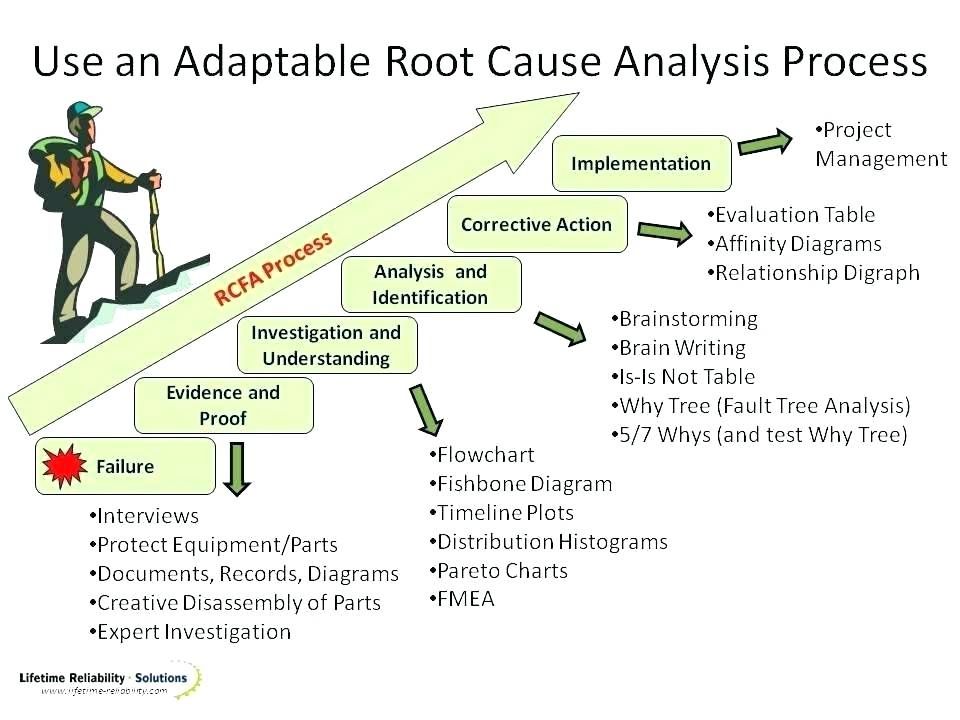
What happens next? If we needed a person only as a carrier of our projection, then quite typical claims appear - "you are not the same / the same as you were / were before." In fact, the person has not changed, the period of wearing your content has simply ended.
But then the most interesting begins. One can study that material, those character traits, that style of behavior that a person showed us as acceptable and possible, and finally accept his content and become more complex, ambiguous and fuller - or look for a new target for projections. Most family adultery (betrayal) is based just on the search for new targets for their own projections.
It happens that a projection lives longer than 4 years. And this happens in the case of the uniqueness of the partner, when he is able to accommodate all of our subjectively unacceptable content. And when the time comes for the objectification of the projection, and the person is unique and there is no other like it, the time comes for rose-colored glasses and a series of endless conflicts. And we return to point number 1.
And we return to point number 1.
5. What is an alternative to a projection relationship?
But it exists - and these are relations between living people, and not carriers of certain functions.
If, instead of expectations in relationships, we take the position of an observer or researcher and consciously protect ourselves from projections, from expectations, then we will see a person as he is . And already here we will decide whether we want to be with him, so complicated and not quite suitable for us.
How to distinguish - projection relations between people or alive, do people see each other as a carrier of their projection or a real person? Here, too, it is quite simple. If the person next to us is primarily a function (providing our life, emotional relief, etc.), then we are dealing with projection relationships. In them, by the way, the price of a mistake is incomparably higher than in a living relationship, and there are also catastrophically many claims and conflicts, even if not voiced.














